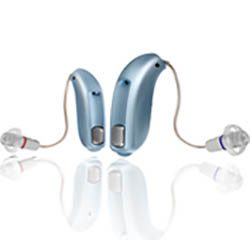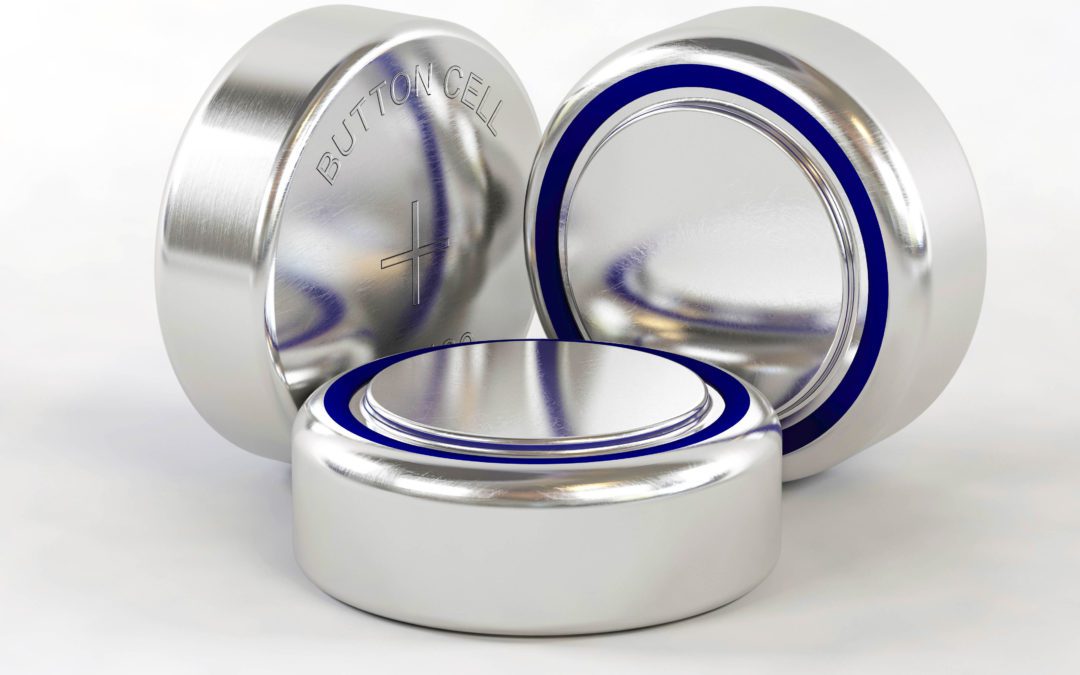Better Hearing Blog

Can You Sleep Through Anything?
We have all heard it said about some people that “noise doesn’t bother them, they can sleep through anything.” Well, yes and no. The fact is that, even though a person may not be awakened by loud noise, it still registers in the brain. Our evolutionary response to loud noise is one of fear and arousal. When a brain registers loud noise, the nervous system is alerted to possible peril. As a consequence of these constant nervous responses, our nervous systems become stressed out, and the incidence of heart attacks and high blood pressure rises. According to one study, people living in noisier neighborhoods have a 17 percent higher risk of cardiovascular disease (including stroke and hypertension).
We can’t emphasize it enough—protect your hearing! When irreversible damage has been done, however, come see us at BETTER HEARING CENTER for a comprehensive hearing evaluation by a Certified Clinical Audiologist. You’ll be amazed at the variety of hearing instruments available today and how they can enhance your hearing, and we’ll advise you which one would be of the most benefit to your individual needs. We will also be glad to show you different kinds of hearing protection devices. We are New Hampshire’s premier hearing care provider.
P.S. More than 20 studies suggest that noise pollution can adversely affect children’s learning outcomes and cognitive performance.

What’s the Problem?
According to a recent report from the CDC, nearly 10 percent of millennials (those born between approximately 1976 and 2004) have some degree of hearing loss. The primary cause of this hearing damage is loud noise. While previous generations were mostly exposed to loud noise in work situations, millennials and younger children receive most of their exposure to loud noise at home. So what exactly is the problem? While household chores might cause hearing loss when tools and appliances reach 85 decibels for extended periods, it only takes two minutes of loud music played at 110 decibels to cause damage. Common culprits of loud noise in the home include blenders (88 dB), leaf blowers (95 dB), and hairdryers (90 dB).
Unfortunately, many people don’t realize they have exposed their hearing to dangerous sound levels until it is too late. Fortunately, today more than ever, people from all walks of life are learning more about their hearing and the ways to protect it. If you or a loved one has suffered hearing impairment due to excessive noise, injury, disease, or the aging process, remember you’ve got a friend at BETTER HEARING CENTER. Our goal is a straight-forward one—help the hearing impaired through our expertise, personal service, and the latest technology. We are New Hampshire’s premier hearing care provider.
P.S. It is not uncommon for the noise levels in fitness classes to reach 110 dB.

Behind the Ear styles – The Wind at Your Back
The good news is that technology makes it possible to suppress these sounds, thereby making BTE hearing instruments more enjoyable to wear outdoors. This “wind noise reduction” is made possible by the development of smaller and more efficient computer chips, which carry algorithms that identify and cancel out or suppress the sound of wind. With this technology, hearing instrument users can even comfortably ride bicycles.
There are many options available today to help hearing impaired individuals live happier, more fulfilled lives. If you’d like to find out more about the innovative technology in today’s hearing instruments, contact us at BETTER HEARING CENTER. If you have a hearing instrument you are not happy with, bring it to us and we’ll be happy to check it out and discuss other hearing aid options with you. As New Hampshire’s premier hearing care provider, we are the only hearing center that has served the Concord, New Hampshire, area for more than 55 years.
P.S. Those suffering from hearing loss find that their brains have to make more of an effort to sort through the noise in order to hear what they want to hear. Wind noise reduction helps relieve this burden.

Is Hearing Loss an Inevitable Part of Aging?
Hearing loss among the elders in certain primitive tribes is nearly nonexistent because their ears have not been continuously exposed to loud noise. As a result, the health of the “hair cells” of their inner ears (which convert sound waves into nerve signals sent to the brain) remains relatively undiminished. Conversely, older individuals in our part of the world are likely to have experienced a lifetime of loud noise that eventually leads to age-related hearing loss known as “presbycusis.” Age-related hearing loss may also occur as a result of poor blood flow to the inner ear caused by cardiovascular disease and/or diabetes. Whatever the cause of presbycusis, being properly fitted with a hearing instrument may help overcome it.
If you have a hearing impairment, you are missing more than just the understanding of words. Hearing keeps you in touch with the world, lets you respond to sound, and reassures you of changing surroundings. BETTER HEARING CENTER offers comprehensive hearing services by a certified clinical audiologist, including evaluations, custom fittings, a full range of hearing instruments, accessories, follow-up support, and repairs. We are New Hampshire’s premier hearing care provider.
P.S. A genetic predisposition to hearing loss may also exacerbate age-related hearing loss.

Battery Matters – Getting a Real Charge
Whether you use a cell phone or wear a hearing instrument, you want to get the most life out of the batteries that make them work. With this in mind, take care to store them in a cool, dry place. While overheating can lead to loss of energy, leaking, and rupture, there is no advantage to storing batteries in the refrigerator; doing so can cause condensation inside the battery package, which can damage batteries and shorten lifespans. Most zinc-air button batteries last for up to three years when kept at room temperature in a dry environment Most hearing instrument batteries are powered by oxidizing zinc with oxygen in the air; therefore, do not remove the tab until ready to use.
An extremely important fact to keep in mind is that any battery is toxic if swallowed, and it is crucial to keep all batteries (and hearing instruments) away from children and pets. Swallowing a battery is a medical emergency and demands immediate attention by a physician. At BETTER HEARING CENTER, your well-being is our number one priority. Can we help you achieve better hearing? We are trained to work with people to identify, treat, and prevent hearing loss. We are New Hampshire’s premier hearing care provider.
P.S. Wait at least one minute after removing the plastic tab from a zinc-air button battery before inserting it into a hearing instrument. Doing so allows the battery to fully power up and maximizes its effectiveness.

HRT May Pose Hearing Risk
Men between ages 20 and 69 years have twice the risk of speech-frequency hearing loss as women do. In women affected by hearing loss, their lessened hearing ability appears to be more prevalent after menopause. With this in mind, many believe that female hormones (estrogen and progesterone) may exert a protective effect over hearing ability that begins to decline around the time of menopause. If this were the case, then it makes sense that hormone replacement therapy (HRT) would lower the risk of hearing loss. However, a recent observational study found that women who underwent HRT had a higher risk of hearing loss. The longer women took these replacement hormones, the higher their risk of hearing loss became.
Our primary mission at BETTER HEARING CENTER is to help as many people as possible improve their hearing and thus their lives. We hope to help through education, advanced technology, and friendly, compassionate service. For a knowledgeable understanding of the body’s healing mechanisms and a deep commitment to knowing what’s available today to help each individual’s hearing loss, we welcome your call. We are New Hampshire’s premier hearing care provider.
P.S. The study mentioned above should prompt additional research involving a randomized clinical trial. In the meantime, women undergoing hormonal replacement therapy may want to have their hearing tested

